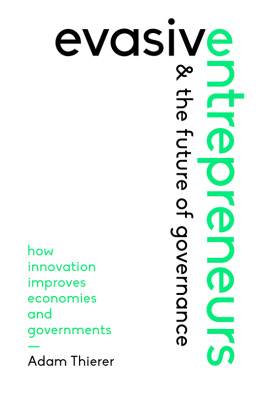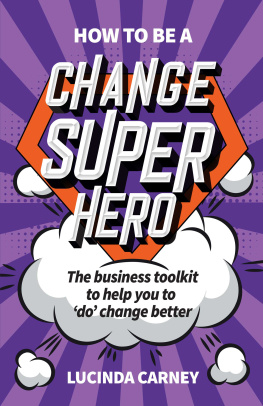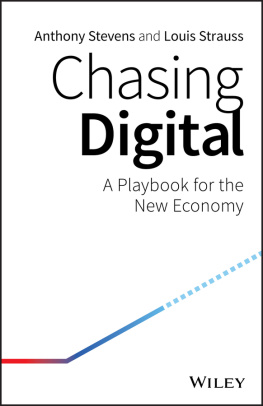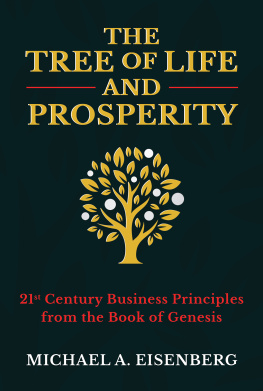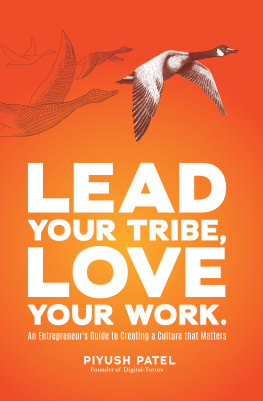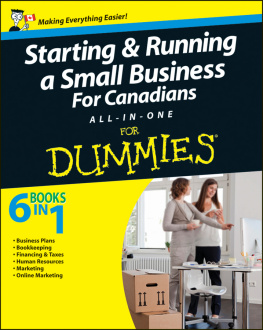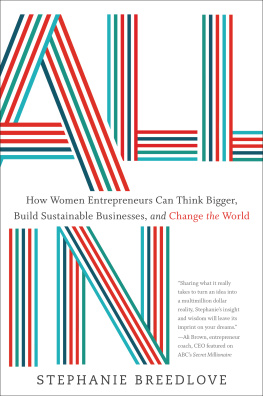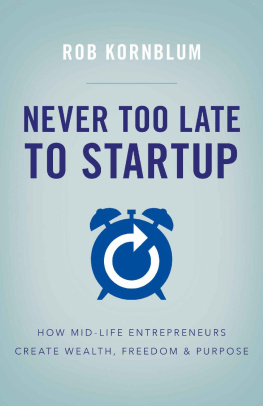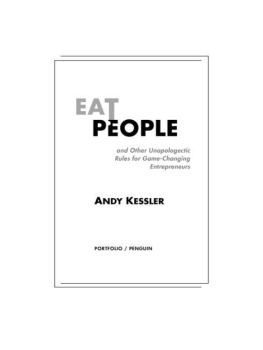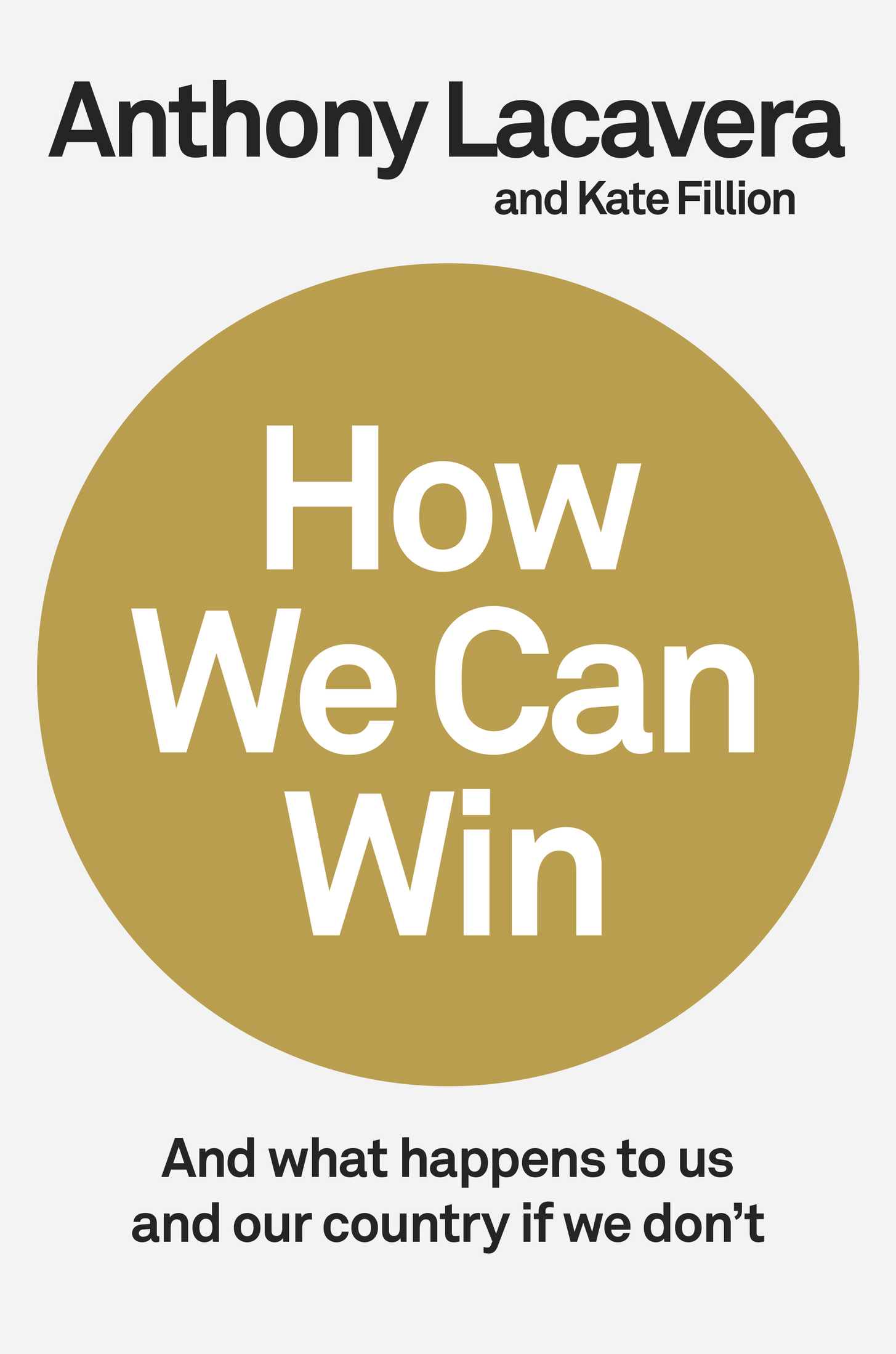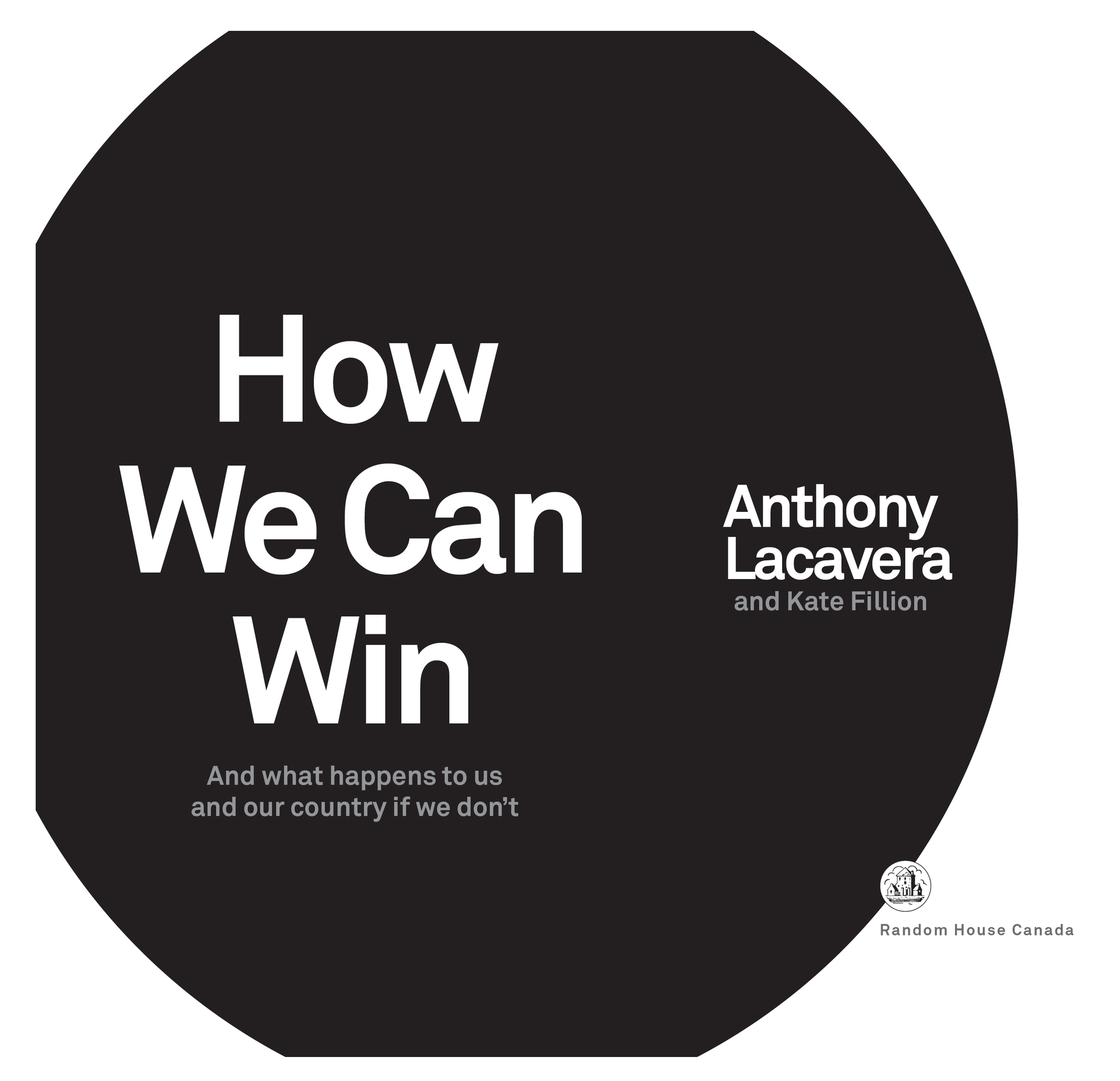Anthony Lacavera - How We Can Win: And What Happens to Us and Our Country If We Dont
Here you can read online Anthony Lacavera - How We Can Win: And What Happens to Us and Our Country If We Dont full text of the book (entire story) in english for free. Download pdf and epub, get meaning, cover and reviews about this ebook. year: 2017, publisher: Random House of Canada, genre: Politics. Description of the work, (preface) as well as reviews are available. Best literature library LitArk.com created for fans of good reading and offers a wide selection of genres:
Romance novel
Science fiction
Adventure
Detective
Science
History
Home and family
Prose
Art
Politics
Computer
Non-fiction
Religion
Business
Children
Humor
Choose a favorite category and find really read worthwhile books. Enjoy immersion in the world of imagination, feel the emotions of the characters or learn something new for yourself, make an fascinating discovery.

- Book:How We Can Win: And What Happens to Us and Our Country If We Dont
- Author:
- Publisher:Random House of Canada
- Genre:
- Year:2017
- Rating:4 / 5
- Favourites:Add to favourites
- Your mark:
How We Can Win: And What Happens to Us and Our Country If We Dont: summary, description and annotation
We offer to read an annotation, description, summary or preface (depends on what the author of the book "How We Can Win: And What Happens to Us and Our Country If We Dont" wrote himself). If you haven't found the necessary information about the book — write in the comments, we will try to find it.
Yes, says Anthony Lacavera, one of Canadas most successful entrepreneurs and venture capitalists. But we need to change the way we think and talk about our own abilitiesdream bigger, aim higher and go for gold, not bronze. We also need to change the way we do business. Our dominant business culture, Lacavera believes, is fundamentally unCanadian: traditional, backward-looking, insular, timid, greedy, unoriginaleverything that Canadians themselves are not. And that unCanadian business culture, protected by outmoded regulations and government policies, is stifling our economic growth. It dumps roadblocks in the path of entrepreneurs who want to build the kind of powerhouse businesses that will create jobs and fuel our economy.
Anthony Lacavera faced those roadblocks himself, when he was building WINDan epic battle against the big three telecommunications giants in Canada. But hes certain we have the talent and the brains to tear those roadblocks down. He gives us vivid portraits of some of Canadas most important natural resources: our talented, innovative entrepreneurs, who want to change the world for the better (and, yes, make money while theyre at it). But we are shipping far too many of them to the United States, gift-wrapped in our tax dollars. They dont want to leavetheyre forced out because its just too difficult to build big, bold businesses in Canada.
How We Can Win explains what we need to do to keep them here, and what all Canadians must do to ensure our future prosperity. Our biggest problem is not that we are a small country, but that we think too small.
We can be a nation of big dreamers and bigger doers. Not by aping Silicon Valley, but by focusing on uniquely Canadian strengths and then doubling down on them. If we bet aggressively on ourselves, and our future, rather than clinging to the status quo, we will create a new, more solid economic foundationone that allows us to win the race to the future without leaving home.
Anthony Lacavera: author's other books
Who wrote How We Can Win: And What Happens to Us and Our Country If We Dont? Find out the surname, the name of the author of the book and a list of all author's works by series.

